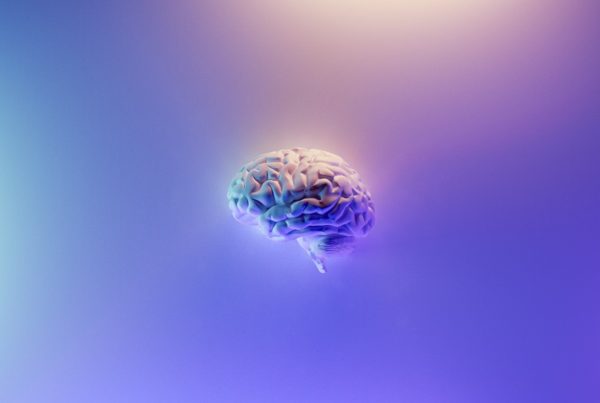Dysphagia is the medical term for swallowing difficulties, it can be caused by other health conditions such as a stroke, dementia or Parkinson’s.
Dysphagia is the medical term for difficulties when swallowing. When a person has Dysphagia it takes more time and effort to move food and liquid from the mouth to the stomach.
Dysphagia may also be associated with pain (odynophagia) and in some cases, swallowing can be impossible. Additional signs that someone may have dysphagia include: choking, coughing when eating and drinking: bringing food back up; a sensation that food is stuck in the throat or chest: and persistent drooling of saliva.
What causes Dysphagia?
Dysphagia is often caused by another health condition that affects the nervous system, for example, a stroke, head injury, dementia, certain types of cancer or gastro-oesophageal reflux disease (GORD). It can also occur in children and young adults as a result of a developmental or learning disability.
Anyone can be affected by dysphagia but there is an increased risk in older people whose muscles may be weakened when swallowing or people who may be living with neurological conditions.
Types of Dysphagia and how its treated
The type of dysphagia is diagnosed by the location of the cause. Problems in the mouth and throat can lead to ‘high’ dysphagia (oropharyngeal), whereas problems further down the oesophagus can lead to ‘low’ dysphagia (oesophageal).
Treatment for dysphagia varies according to the type and cause of the swallowing disorder, alongside the severity. Treatment can range from simple exercises to help coordinate the swallowing muscles or re-stimulate the nerves that trigger the swallowing reflex, to the insertion of a tube to open and stretch the oesophagus. Medication is also available that can help reduce stomach acid as well as surgical procedures.
Where you can get further help
If you are having problems swallowing or experiencing other symptoms of dysphagia, your GP should be your first port of call. They will be able to offer a full medical examination and refer you to specialists if necessary. They will also be able to provide advice on your diet moving forward and other support when needed.
Alternatively, if dementia symptoms have progressed to a point where you think care is required, we offer a range of home care services that could be of use, whether you need dedicated live-in dementia care or simply need a bit of respite. Get in touch with us to find out how various options could work for you.




